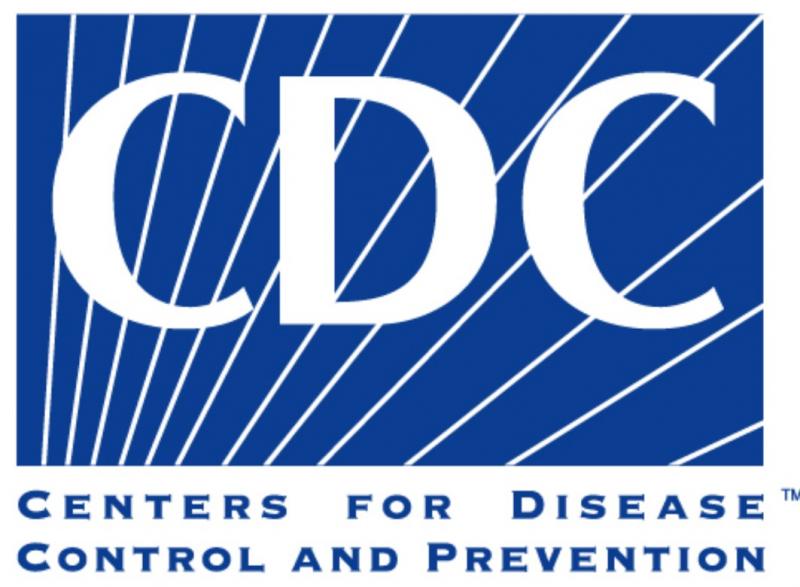 cdc.gov - August 13, 2014
cdc.gov - August 13, 2014
More than 50 CDC experts battling Ebola in Africa
Hundreds of public health professionals working 24/7 in support
The Centers for Disease Control and Prevention now has more than 50 disease detectives and other highly trained experts battling Ebola on the ground in West Africa – successfully deploying in less than two weeks the surge of help it promised within 30 days.
CDC’s Emergency Operations Center is also at its highest level of alert. This means more than 350 CDC U.S. staff are working on logistics, communications, analytics, management, and other support functions to support the response 24/7.
“We are fulfilling our promise to the people of West Africa, Americans, and the world, that CDC would quickly ramp up its efforts to help bring the worst Ebola outbreak in history under control,” said CDC Director Tom Frieden, M.D., M.P.H. “We know how to stop Ebola. It won’t be easy or fast, but working together with our U.S. and international partners and country leadership, together we are doing it.”
Recent Comments